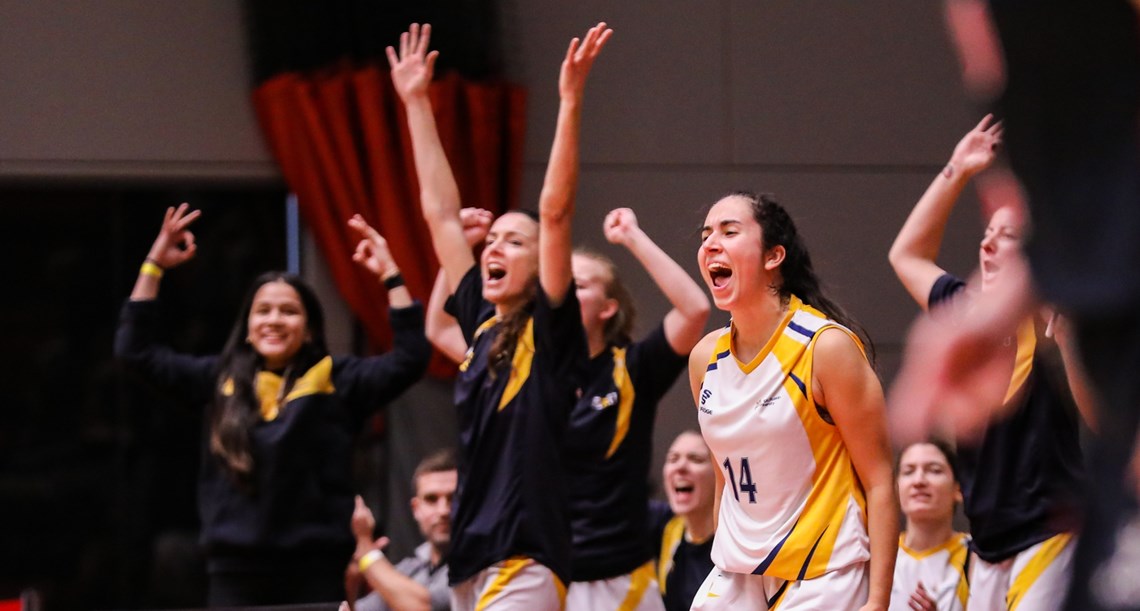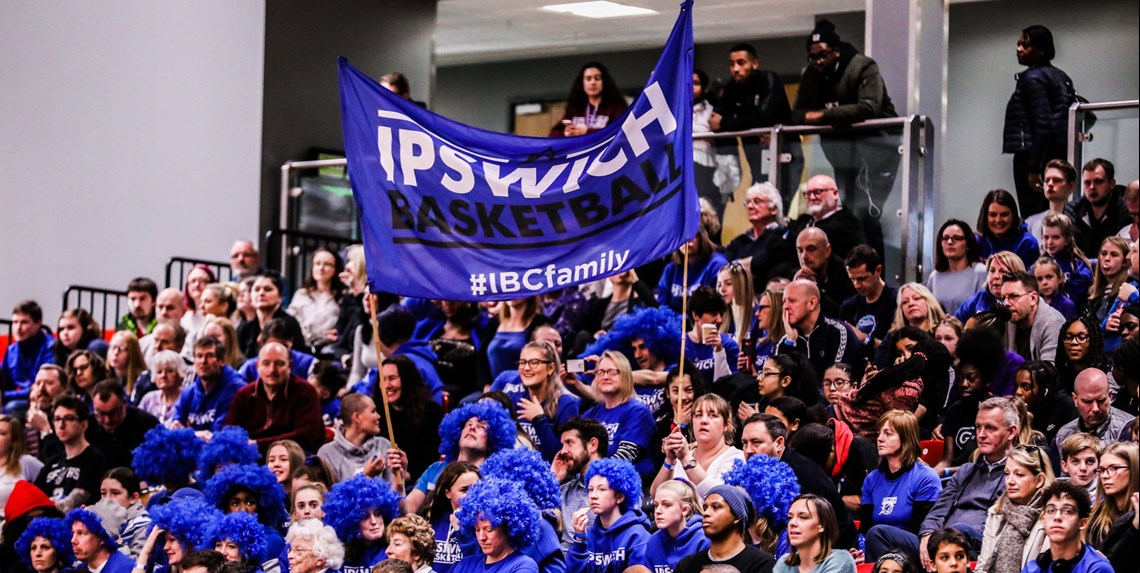
It is replaces BE’s Return to Play Roadmap that provided detailed guidance and support to allow for the safe return of the sport.
The guidance provided aligns to the latest Government position and provides easy-to-follow best practice on how basketball can operate through the next phase living with COVID-19 following the end of lockdown.
This guidance will be updated as and when Government guidance changes.
We must all be mindful that confidence levels in making a full return to basketball activity will be varied. We strongly urge all of our affiliated clubs and partner organisations to adopt a flexible and responsible approach that enables as many people as possible to return to the sport.

Our guidance is built on three simple principles that everyone in the basketball community is encouraged to follow:
We encourage everyone to adopt a self-screening process. If you have a temperature, cough, headaches or generally feel unwell, DO NOT attend practices or games.
If you develop COVID-19 symptoms, self-isolate immediately and get a PCR test, even if your symptoms are mild. You should self-isolate at home while you book the test and wait for the results.
You must self-isolate if you test positive. Your isolation period includes the day your symptoms started (or the day your test was taken if you do not have symptoms), and the next 10 full days. This is the law.
You must also self-isolate if you are told to do so by NHS Test and Trace, for example if you have come into contact with someone who has tested positive. This continues to include those that you have been in a basketball training environment with and with whom you have been in contact.
There is no longer a requirement to report COVID transmissions to Basketball England. Clubs will be responsible for handling this within your organisations, including assisting NHS Track & Trace with any information they require. If you don’t already do so, we encourage all clubs to keep attendance records of training sessions and activities.
The Government has suggested the self-isolation process will be changing soon, in particular for those who are double vaccinated. We will update this guidance accordingly once changes are made.
There will no longer be a requirement for anyone attending club practices or games to complete pre-session COVID-19 questionnaires or be temperature tested. Though there will also not be a requirement for anyone to wear a face covering, people can if they wish and its strongly recommended to do so in crowded places.
Although the above requirements are no longer in place, there still remains uncertainty in relation to the virus and what measures we will need to take in the autumn/winter months if infection and hospitalisation rates spike. Therefore, all clubs are encouraged not to discard of temperature checking devises and surplus PPE at this stage.

The Government has issued the below ‘Personal Hygiene’ guidance:
Wash your hands with soap and water or use hand sanitiser regularly throughout the day. Regular hand washing is an effective way to reduce your risk of catching illnesses, including COVID-19.
It is particularly important to wash your hands:
Where possible, avoid touching your eyes, nose and mouth. If you do need to touch your face (for example to put on or take off your face covering), wash or sanitise your hands before and after.
Hands touch many surfaces and can become contaminated with viruses, including COVID-19. You can transfer viruses to your eyes, nose or mouth from your hands if they are contaminated. Then viruses can enter your body and infect you. Washing or sanitising your hands removes viruses and other germs, so you’re less likely to become infected if you touch your face. Using soap and water is the most effective way to clean your hands, especially if they are visibly dirty. Use hand sanitiser if there isn’t soap and water available.
Coughing and sneezing increases the number of droplets and aerosols released by a person, the distance they travel and the time they stay in the air. A cough or sneeze of an infected person which is not covered will significantly increase the risk of infecting others around them.
These actions will reduce the spread of droplets and aerosols carrying COVID-19 and other viruses, including those that cause coughs and colds:
In addition, we encourage you to support your venues by keeping them clean, removing all waste (bottles etc), thoroughly cleaning benches and high sweat contact areas. Basketballs and other high-contact equipment should also be cleaned between sessions.
There are no longer any limits on the number of people you can have on a court or who spectate, this will now return to pre-COVID levels and fall in line with venue capacity limits. Venues may have their own re-opening guidelines that will have to be adhered to. Basketball England will not be able to influence those venues however we encourage all members to be sympathetic to different venues requirements.
When operating central venue leagues or events with large crowds, we strongly urge you to continue operating one-way systems and try where possible to limit the number of people that are gathering in common areas.
There is no longer a requirement for clubs to have a specific COVID-19 officer. However, as an organisation you have a duty of care to all participants, and you should decide who within the organisation takes a lead in ensuring the club operates in line with government guidance. The person who takes on this role, may be your welfare officer, Health and Safety nominated person or other suitably skilled staff member/volunteer.
All policies and risk assessments should be updated accordingly. A new template Risk Assessment can be found by clicking the button below.
If any club, partner or member requires any additional support please use the button below to get in touch.
